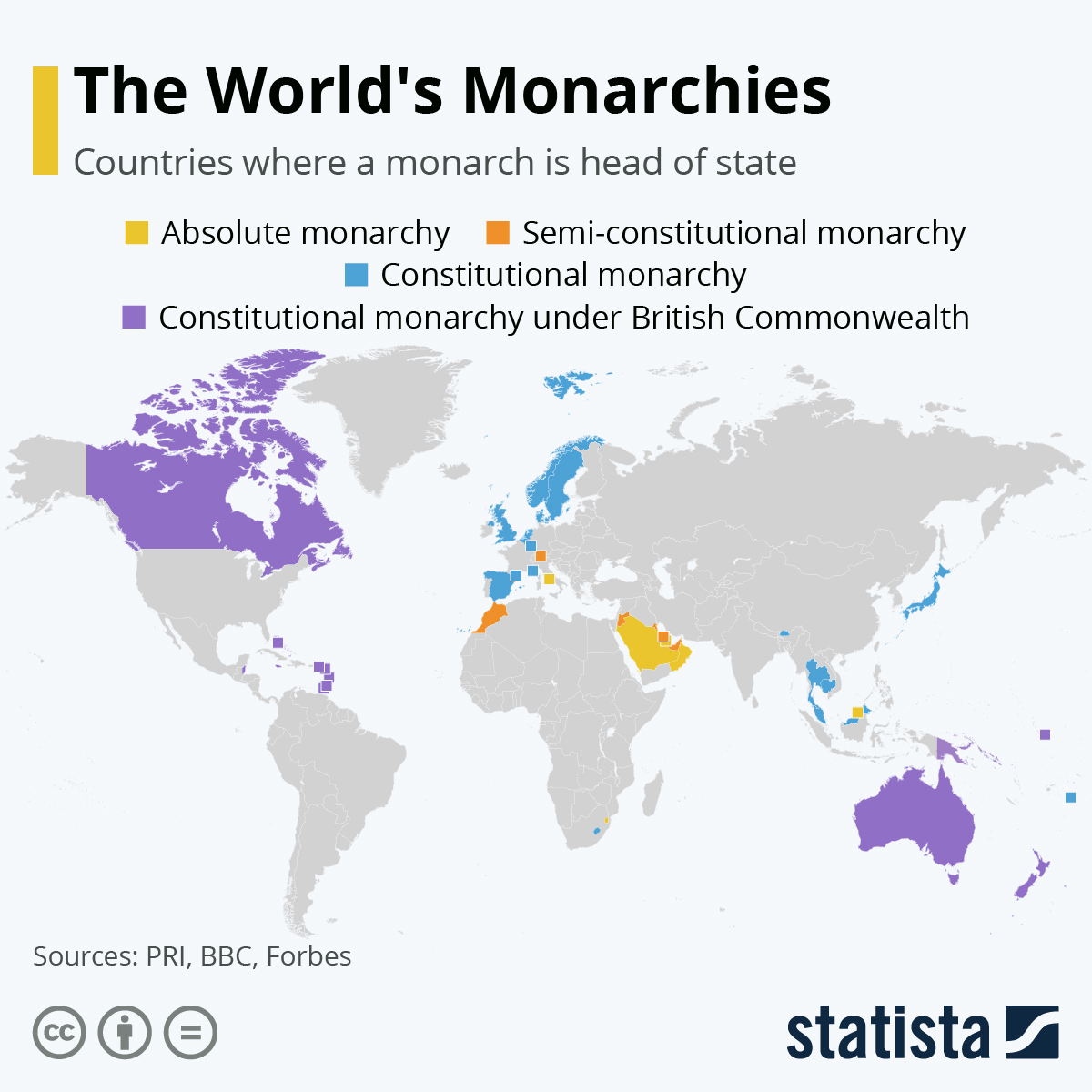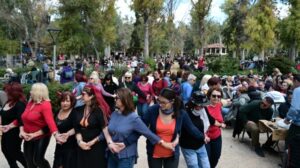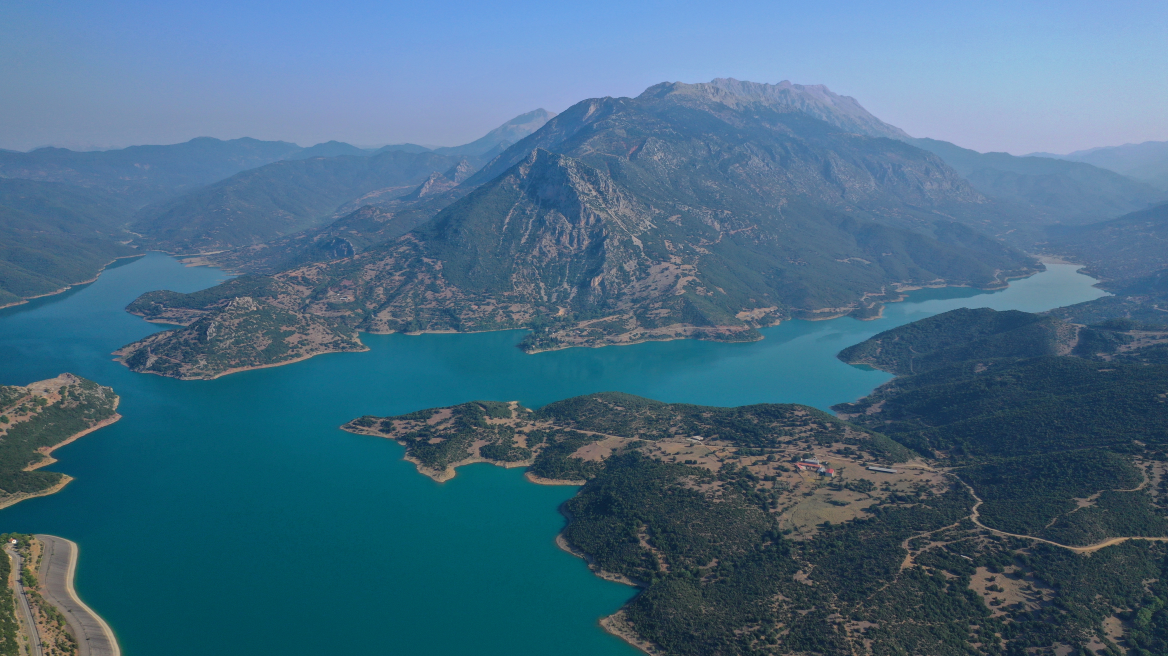After the Duke and Duchess of Sussex’s bombshell interview with Oprah Winfrey, the institution of the monarchy is called into question worldwide. Around the globe, there are still a dozen countries that are absolute or semi-constitutional monarchies, meaning that monarchs yield considerable powers there. In addition to British Overseas Territories, the Queen of England serves as the head of state of 15 sovereign countries other than her own – making the UK the most prolific among the world’s 17 constitutional monarchies which keep employing monarchs as representative heads of state.
Absolute and semi-constitutional monarchies are most common today on the Arabian Peninsula, even though Morocco, Brunei, Eswatini and Liechtenstein also count among them. Semi-constitutionalism – where monarchs and elected representatives share powers – ranges from countries that let monarchs retain some powers next to an elected parliament to so-called elective monarchies, which elect leaders from a group of royals – the governing system of the United Arab Emirates. The Pope is also elected from a group of Cardinals, but he is the singular ruler over the Vatican, therefore considered an absolute monarchy.
also read
Greeks to fly their kites on Clean Monday – No additional Covid-19 measures expected to be announced
Bookings to Greece on the rise for Germans
Ten countries in Europe and five in Asia as well as Tonga and Lesotho retain their own monarch in a representative function and as head of state. Traditional subnational monarchies are prolific in Indonesia and South Africa, where the king of the Zulu nation, Goodwill Zwelithini kaBhekuzulu, holds considerable informal power in the Eastern region of KwaZulu-Natal.
source statista
You will find more infographics at Statista
Ask me anything
Explore related questions






